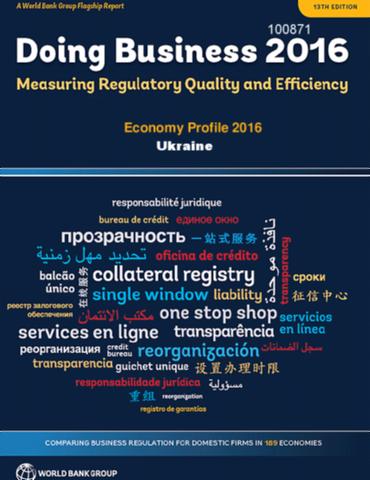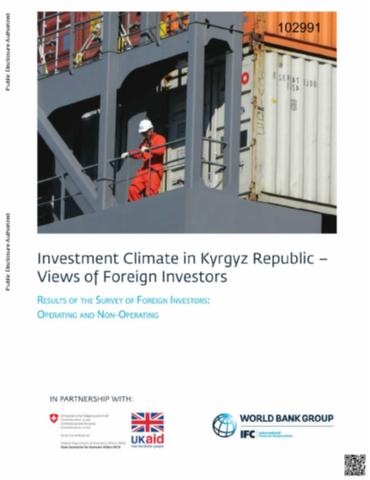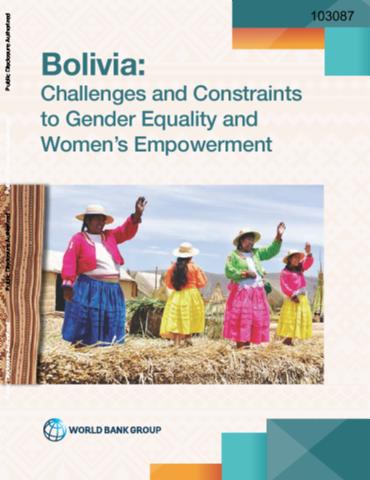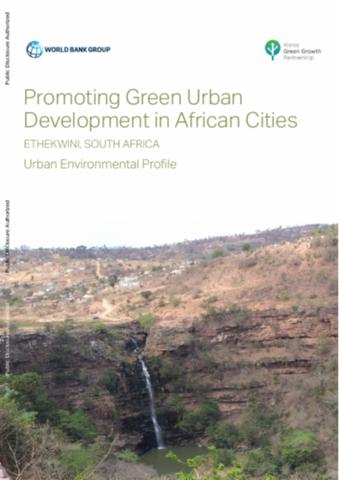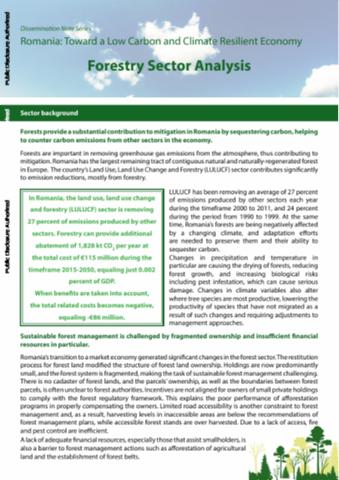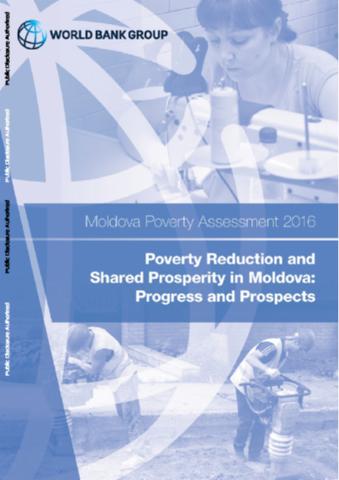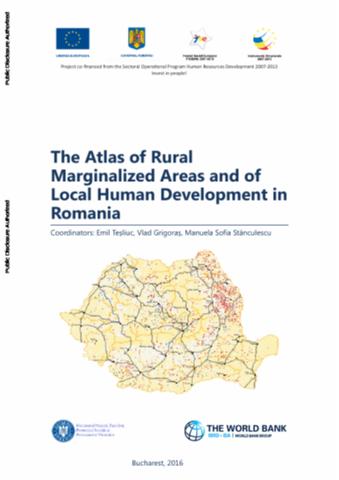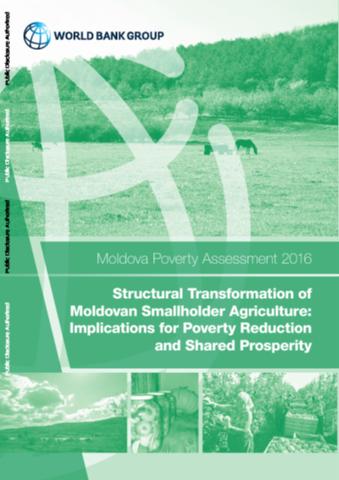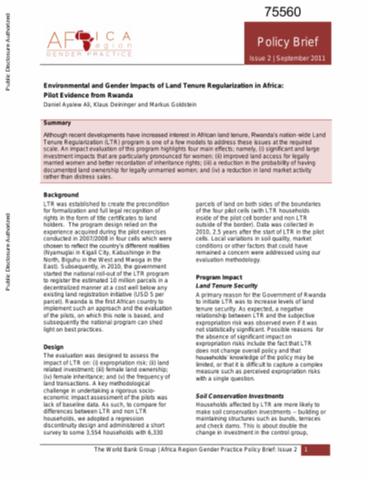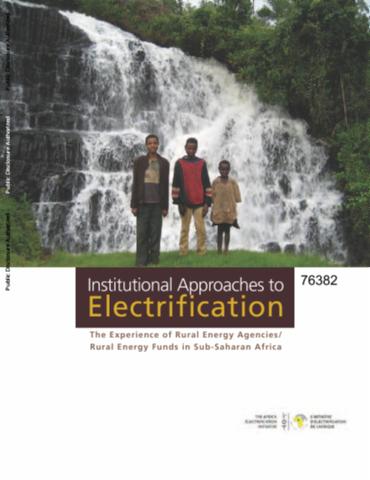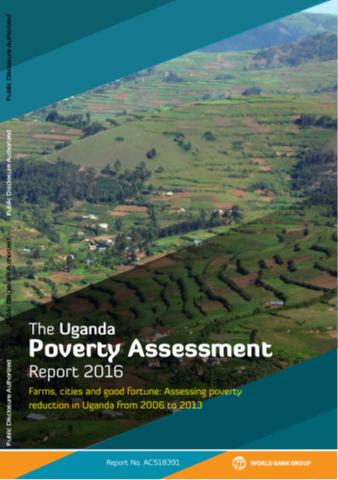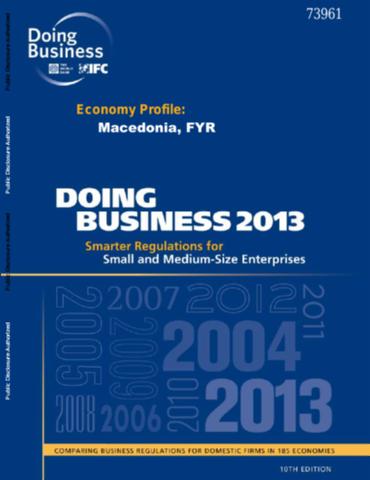Doing Business Economy Profile 2016
This economy profile for Doing Business 2016 presents the 11 Doing Business indicators for Ukraine. To allow for useful comparison, the profile also provides data for other selected economies (comparator economies) for each indicator. Doing Business 2016 is the 13th edition in a series of annual reports measuring the regulations that enhance business activity and those that constrain it. Economies are ranked on their ease of doing business; for 2015 Ukraine ranks 83.

